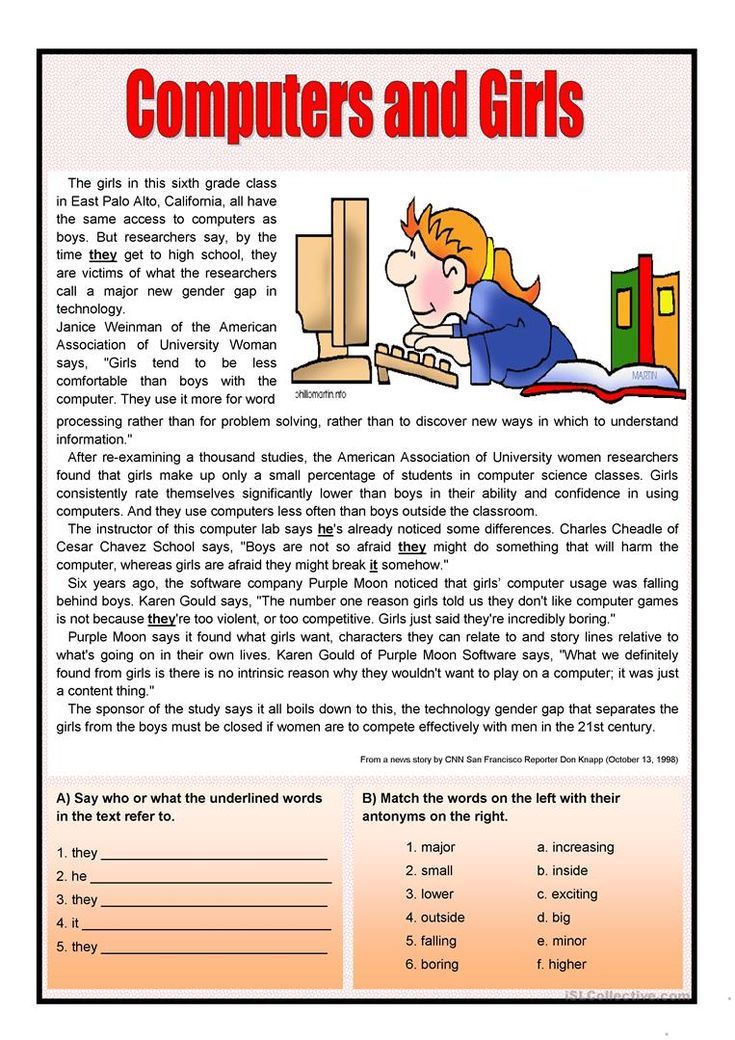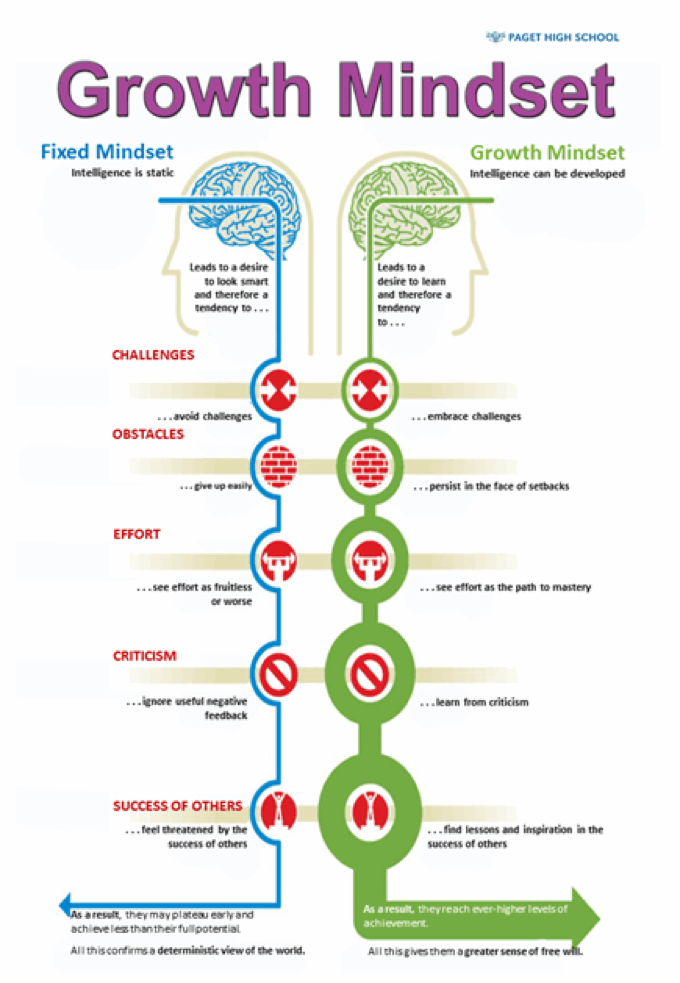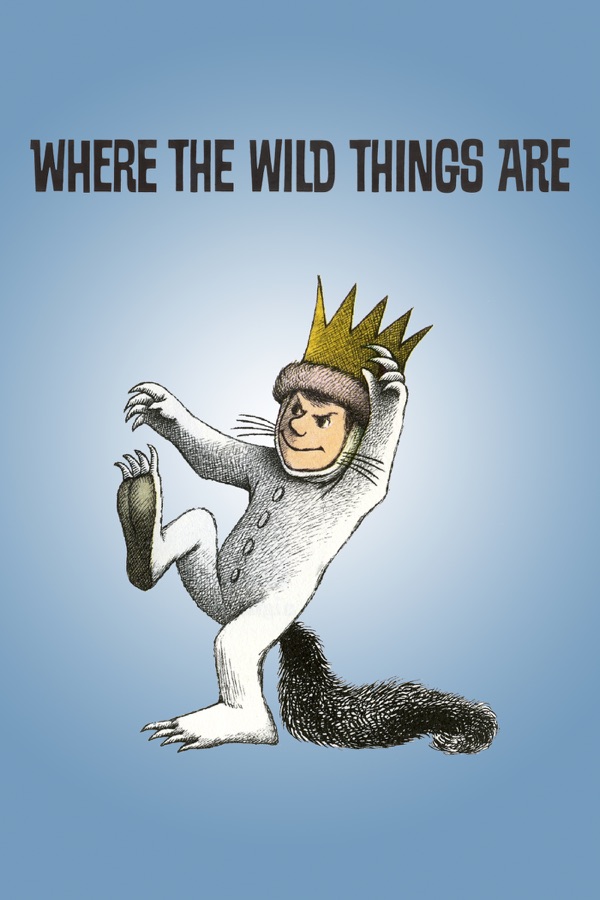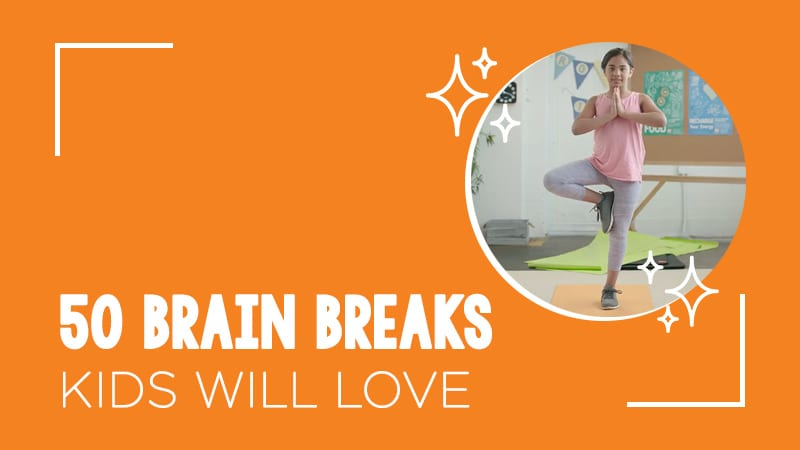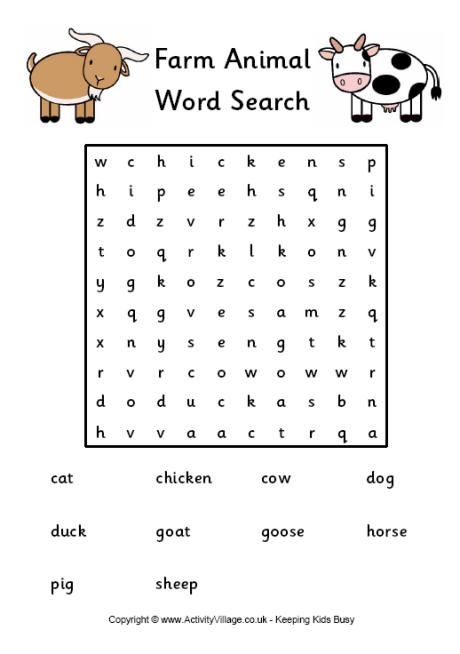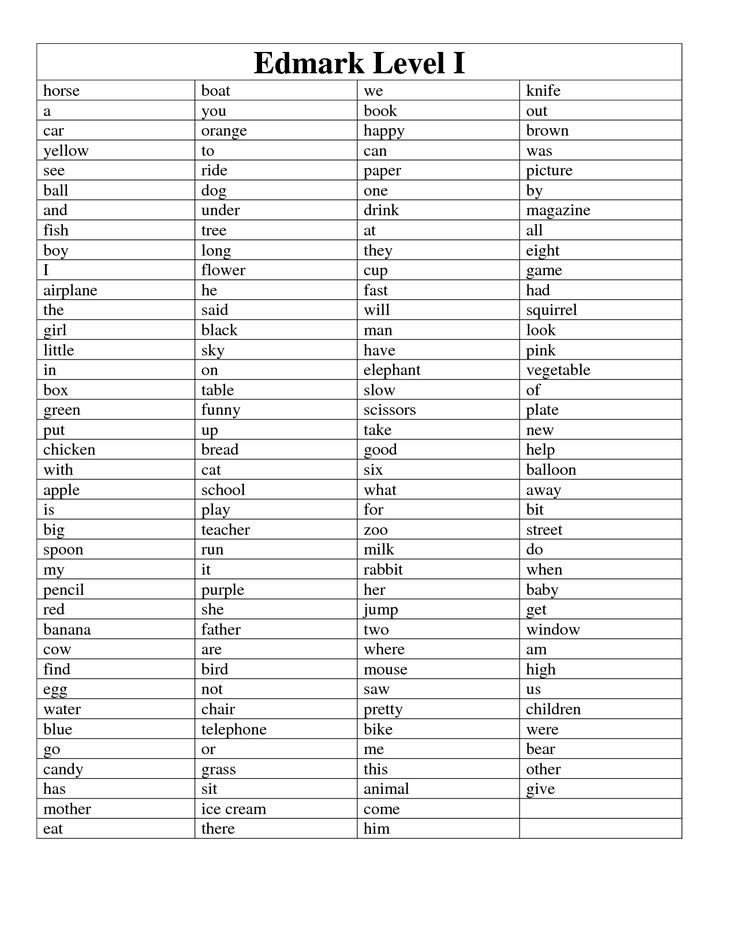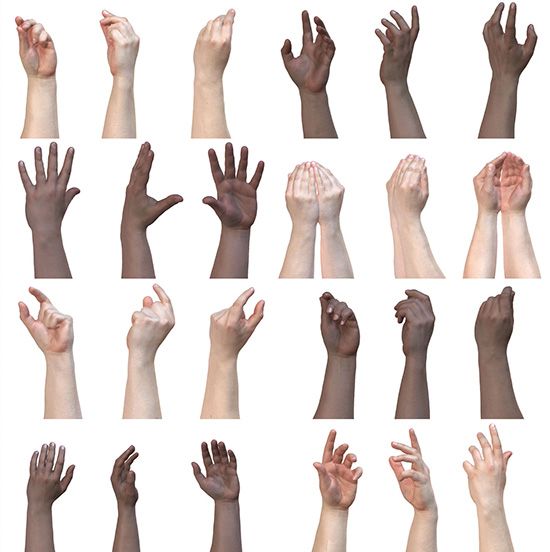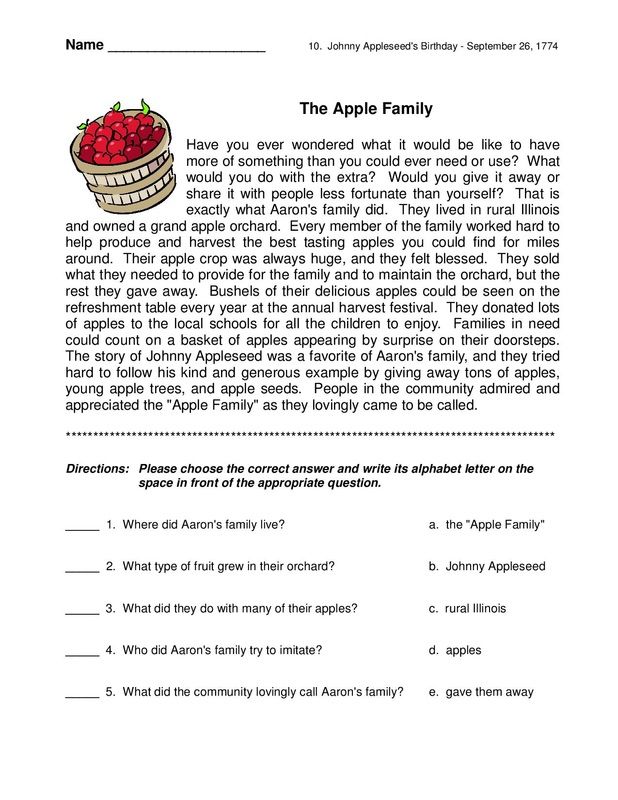Words for beginners readers
Top 100 Sight Words and How to Teach Them
Sight words is a common term in reading that has a variety of meanings. When it is applied to early reading instruction, it typically refers to the set of about 100 words that keeps reappearing on almost any page of text. “Who, the, he, were, does, their, me, be” are a few examples.
In addition to their being very frequent, many of these words cannot be “sounded out.” Children are expected to learn them by sight (that is, by looking at them and recognizing them, without any attempt to sound them out.)
Unfortunately, this means minimal teaching. Often, little is done other than to show the word and tell the child what it is “saying.” For many children, this is not enough, with the result that their reading of these critical words is laden with error.
What does this mean for parents who are helping their children master reading? Basically it means spending some time in truly teaching these words so that your child gains real mastery of them. The key to achieving this goal is accurate writing (spelling)—via memory. That is, the child writes the word when the model is not in view.
You can do this by creating simple sentences that the child reads. (By using sentences, you will automatically be using many “sight words.” In addition, you will be giving your child the opportunity to deal with words in context—a key to meaningful reading) After showing the sentence and having your child read it, turn it over and then dictate the sentence. If there is an error, you immediately stop your child and take away the paper. Then you show the model again and repeat the process. In other words, the writing of the sentence has to be fully accurate, starting with the first word.
If you want a list of those words to help guide your efforts, here is the top 100 according to the American Heritage Word Frequency Book by John B. Carroll.
A: a, an, at, are, as, at, and, all, about, after
B: be, by, but, been
C: can, could, called
D: did, down, do
E: each
F: from, first, find, for
H: he, his, had, how, has, her, have, him
I: in, I, if, into, is, it, its
J: just
K: know
L: like, long, little
M: my, made, may, make, more, many, most,
N: not, no, now
O: or, one, of, out, other, over, only, on
P: people
S: said, she, some, so, see
T: the, to, they, this, there, them, then, these, two, time, than, that, their
U: up, use
V: very
W: was, with, what, were, when, we, which, will, would, words, where, water, who, way
Y: you, your
Click here to download our Recommended Top 100 Sight Words.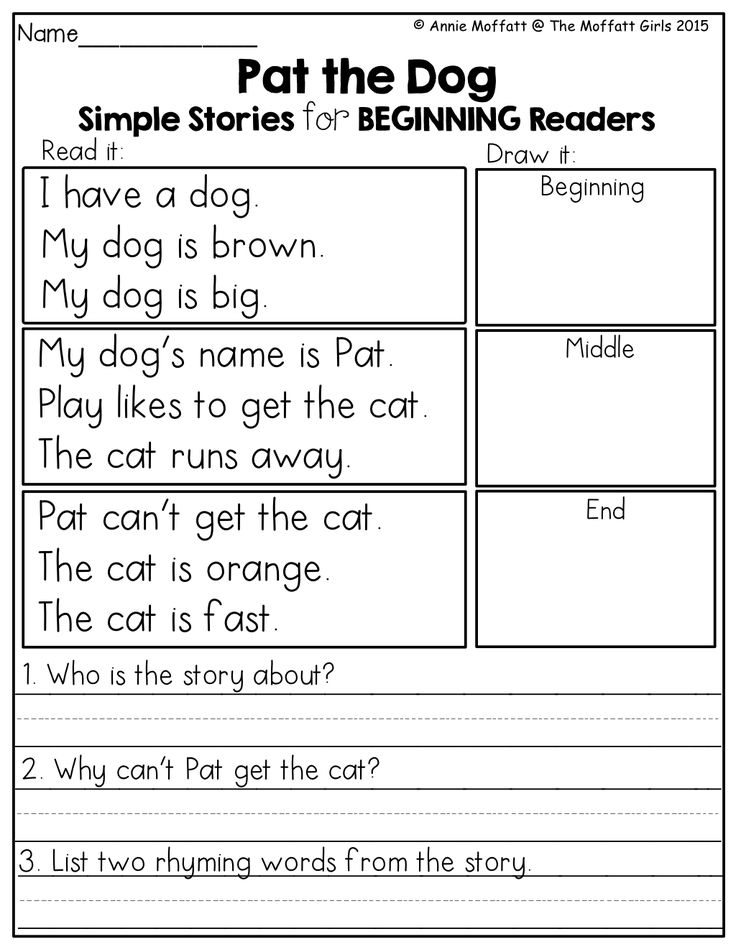
Literacy and reading expert, Dr. Marion Blank
Dr. Marion Blank is answering your questions about reading and learning. If you have a question for Dr. Marion, visit the Reading Kingdom Facebook Page and let us know how we can help.
If you think the Reading Kingdom program can help your children learn to read, enjoy a free, 30-day trial here.
The Perfect Sight Word List For Beginner Readers.
Children in their first years at school, who learn the sight word list below, will have an excellent start to reading and writing.
Initially this process takes time, often months. That's why teachers introduce lists like this to children, gradually, when they first start school. But it doesn't hurt them to recognise a few words before then, if they are ready to learn them.
Sight Word List
The list of sight words below is broken into groups. Each group consists of 10 words.
There are several lists available for teachers to use.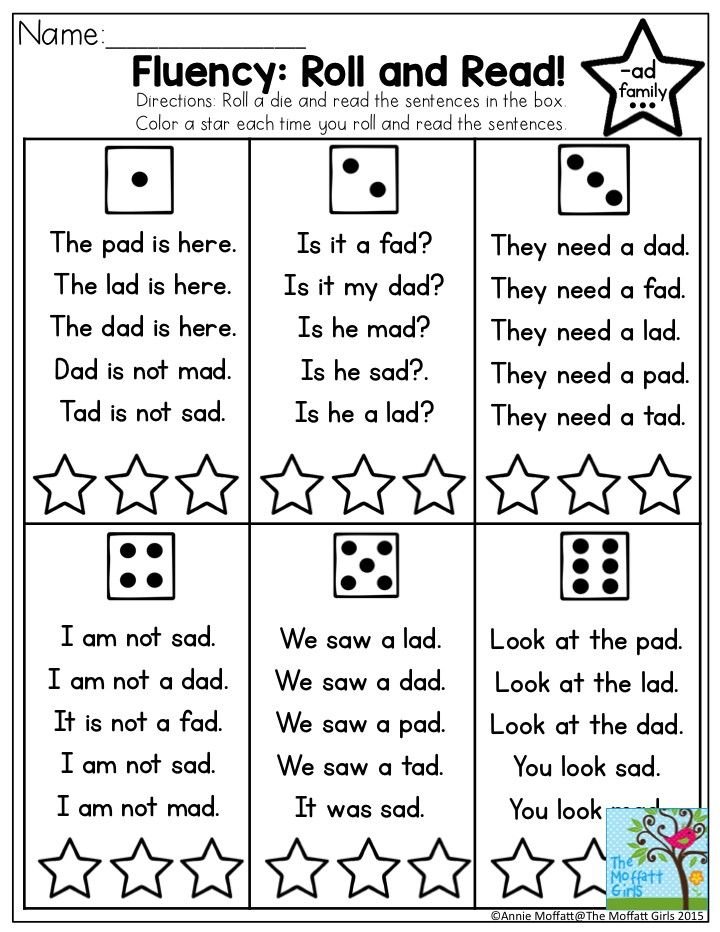 But they are virtually identical as they are composed of words children most frequently use.
But they are virtually identical as they are composed of words children most frequently use.
The list below covers 80 of the first sight words your child will need to know.
The trick is to ensure your child recognises the words in one group before starting another. But as I mentioned before, this doesn't happen immediately. So don't feel you need to put pressure on your child or you'll switch off their desire to learn. If you're helping them at home, keep it light.
At the end of this article I will explain how you can gently introduce some of these words to your child so they learn them without pressure.
Don't be concerned if your child finds the list below too difficult at this stage. They may only manage the first group of words. Or they may not be ready for them at all. If that's the case, wait for their teacher to guide you.
|
|
|
|
More About Sight Words
Your child needs to learn these word by sight rather than decode them.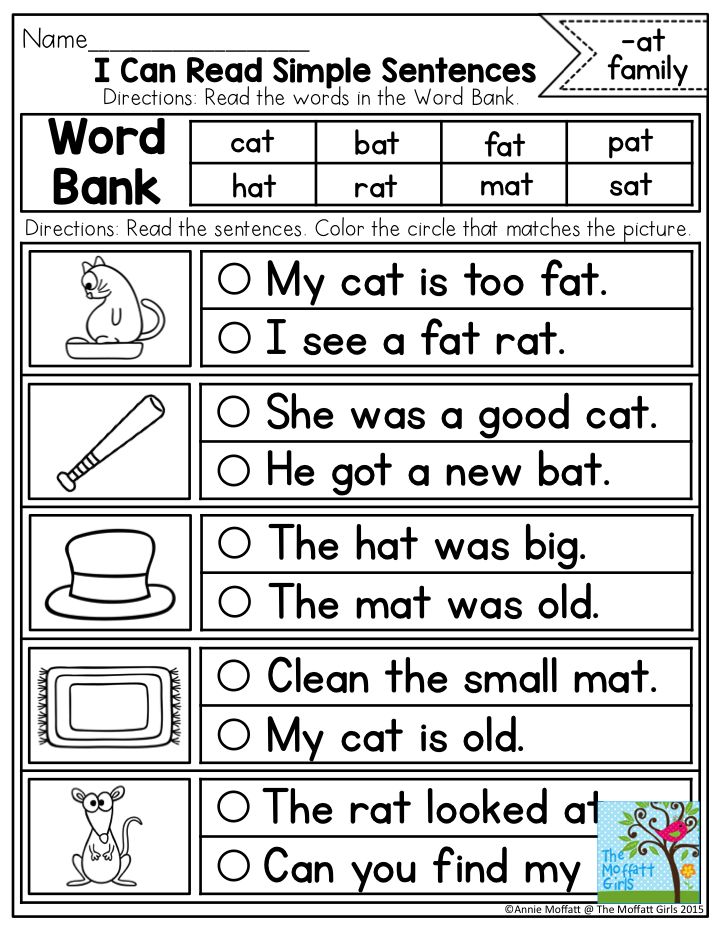 That means they may need to see them many, many times in order to memorise them.
That means they may need to see them many, many times in order to memorise them.
You may be asking yourself about now
- what exactly is a sight word?
- why are they so important in reading?
- how do you know what is a sight word and when do you sound out a word?
If you want to know more, click on my article What Are Sight Words? There you'll get answers you need. At the same time you'll see how it's affected an adult student of mine who hasn't ever known them!
Introducing Them To Your Child
Here's a great way to introduce sight words.
- Print off two copies of the sight word list.
- Cut two copies of the group One words starting the word 'I'.
- Cut each of the words individually.
- Place one set of the words in front of your child. You keep the other.
- Hold up one of the words
- Read it to your child and ask them to find the matching word. (They will study the shape of the letters and hear the word associated with them.
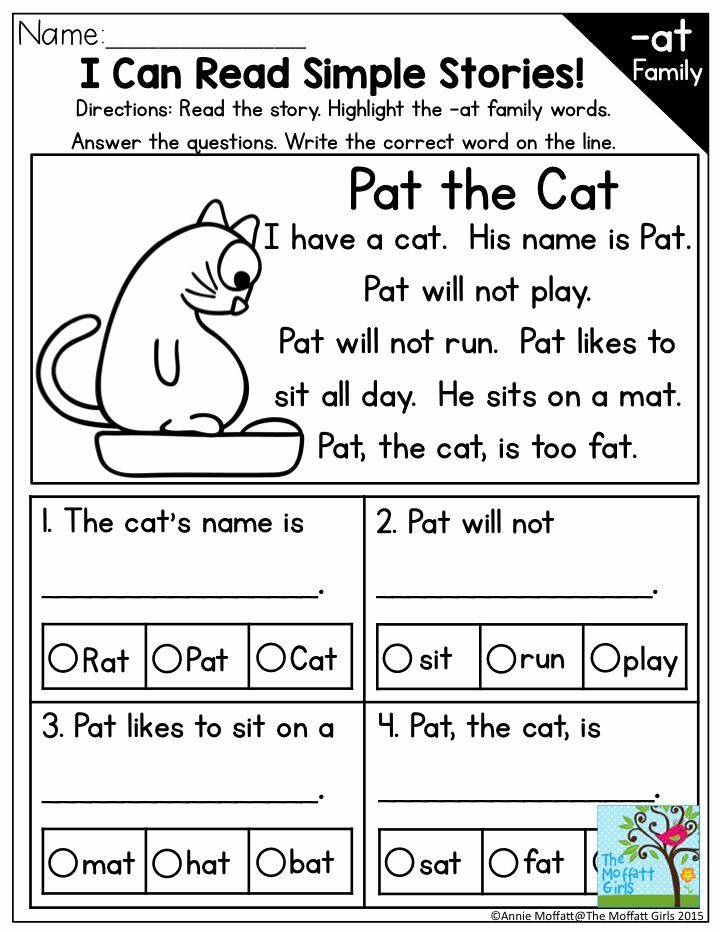 )
) - When they find the matching word, repeat the word. Say: "Yes, that word says ...... Can you tell me what the word says?" (This reinforces and matches in their brain the visual appearance of the word with how the word sounds.)
Play this game often and you'll find your child will become increasingly comfortable with these words. Gradually they will memorise them. They will then build up an invaluable bank of everyday words for reading and writing.
If you are struggling to engage your child, click on my phonics games page. There you'll find out how important it is to make learning fun. Plus great activities you can do at home to breathe life into learning literacy skills.
Go From Sight Word List To Literacy Lessons
Go To Phonics Literacy Homepage
Beginner readers: janemouse — LiveJournal
Beginner readers: janemouse — LiveJournal ?- Literature
- Cancel
Here in English there is a series of books in which all words are 3-4 letters long, and they use only the simplest letters.
But it doesn't work like that in Russian, the words are longer on average, and it's difficult to build meaningful phrases from short words.
I really love the series "Pip" by Yulia Lugovskaya and "Whose Side", "House for Foxes" and other books by Tanya Russita. (Although not all children love them, but for some, this is a real salvation - a whole book of 16 pages, and literally 1-2 phrases on each) with simple reading tasks, and books with pictures and few words.
I have 2 new books by Yulia Kuznetsova "Learning to read with dinosaurs" - and with cats.
There are such series in English, and they are in kindergartens, in libraries
In Russian there have been more such books over the past 15 years, but they are still few.
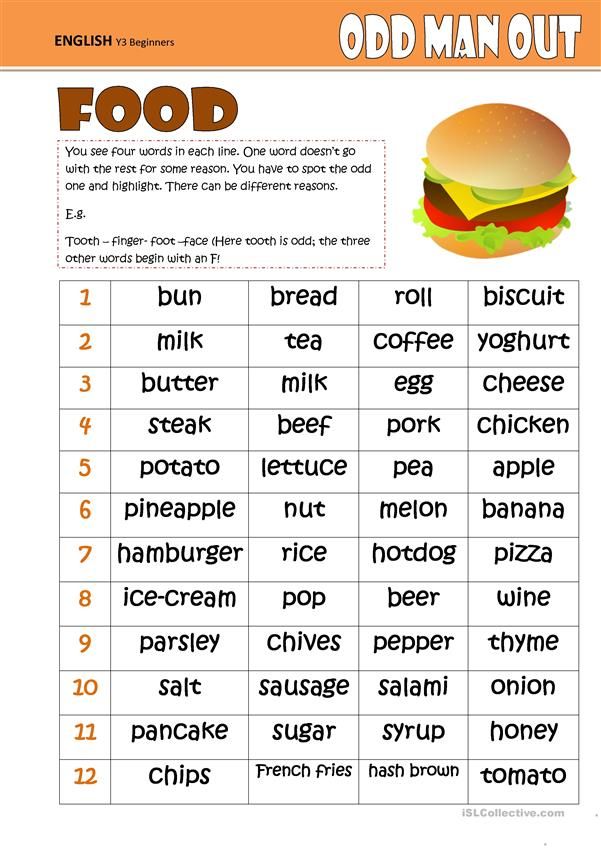
Of all the books with assignments, I like Words the most.
This year we also made a whole series for novice readers, they are both paper and in PDF format
We also made home-made cutter books with the children
Of the simplest and most beautiful books, I especially love the books of Marianne Dubuc.
I look at the pictures again and again - and I am glad that over the past 15 years so many wonderful children's books have been translated and published.
This is already a little more text, but it also helps children move from very short texts to longer ones.
I showed and leafed through them at the seminar on reading, but I can later, if interested, show the photos here as well.
From games we love
read-grab
animal letters
Readers
And also "Words" - when you need to invent pictures from sticks and strings to one of the words from the card.
Triple nonsense - collect funny phrases from words, the funnier the better.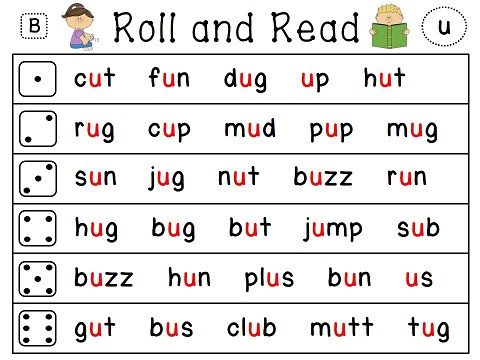
What other games and books would you recommend for those who know the letters but hardly read them yet?
Tags: library, game, books, board games, seminar, word games, reading, what to read
Subscribe
-
"Dragon" by Evgeny Schwartz. At what age do you think your children can understand this play?
Do you happen to remember when you yourself were reading "Dragon"? And what was it about then for you? I read, I think, at the age of 12, and then I watched it in the theater ...…
-
Recording of the seminar about word games
We held a seminar and made notes - about games with reading For this seminar we drew many new beautiful leaves , including twister with…
-
Word games for beginner readers
We have recently made some new games for beginner readers. For those who find it difficult to learn all the letters at once, we made mini-sets "dobble with .
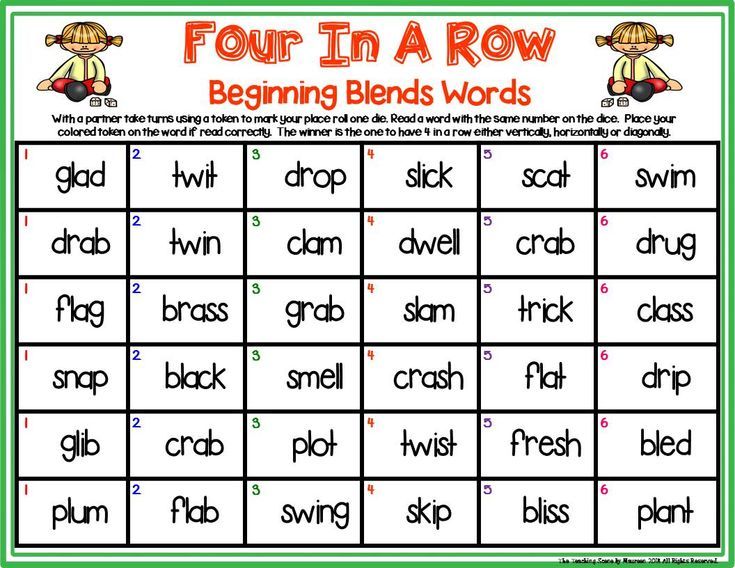 ..
.. -
Seminar about games with letters and words - online October 1
We decided to hold a seminar about learning to read, about games with letters and words We will talk about our favorite word games - oral, on a piece of paper ...
-
Learning to read - what difficulties did you face?
I had such a day yesterday - all about learning to read. At first we discussed the program "Amare" that my friends are doing, help in learning...
-
Do you have any books that seem especially relevant now?
Are you currently reading any of these books with your children? and for themselves? Do you discuss what is happening in the world - or, on the contrary, do you read something to the maximum ...
-
Family camp library
We bring about 30 boxes of books to the camp each time. And this is not counting what other participants bring. I usually bring a lot of books…
-
Moomintroll and Comet
If you were to choose a cup with Moomin characters, who would you choose? I have a few cups - for different occasions.
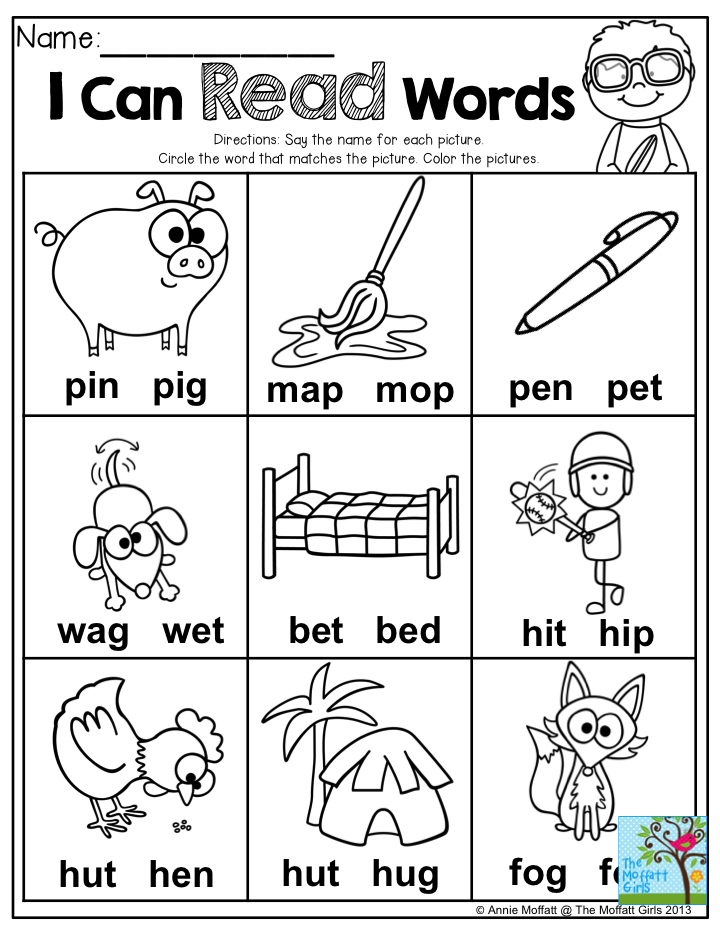 Sometimes I…
Sometimes I… -
The Russian language as a part of me
For a month and a half I feel forbidden. I think, write, read in the language of the aggressor country. But I'm not the aggressor, I don't want that! And at the same time,…
Photo
hint http://pics.livejournal.com/igrick/pic/000r1edq
Word games for beginner readers: janemouse — LiveJournal
Word games for beginner readers: janemouse — LiveJournal ?- Games
- Cancel
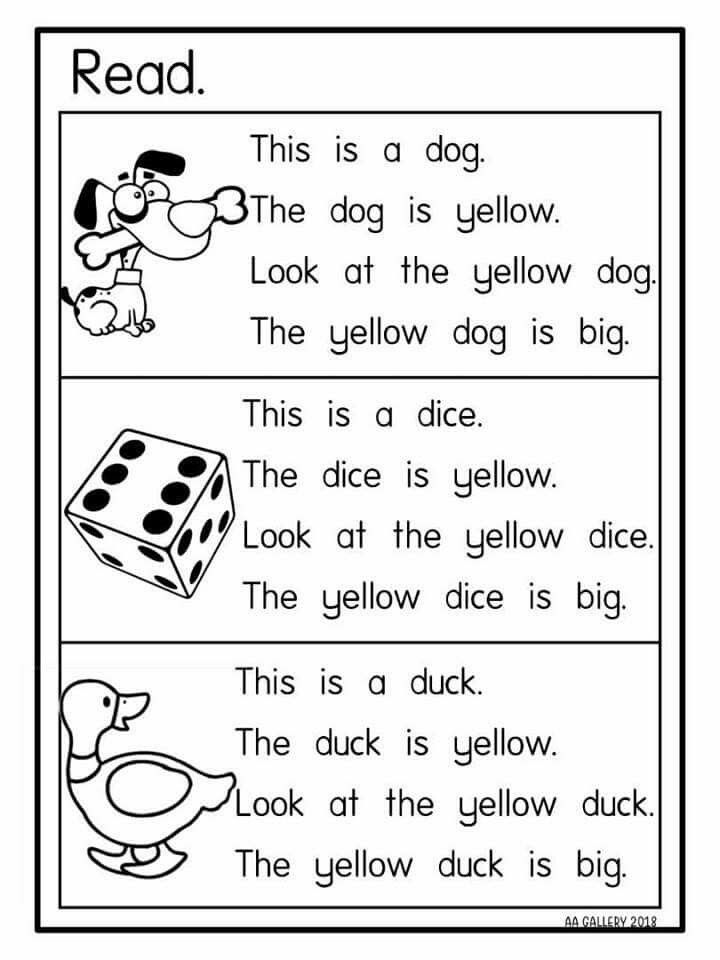
For those who find it difficult to learn all the letters at once, we made mini-sets "dobble with letters" - 3 letters on each card.
And they also made memory "words + pictures" with words from the letters K, O, S, H .
Here is a great article about games with reading and letters - where to start.
We have on October 1 from 18 to 21.30 there will be a zoom seminar about this, and we will make a record without fail.
In the meantime, there are records of the seminar of our beloved speech therapist Lily Lukonkova - about games with reading.
Well, we also recently posted a large set of "words plus pictures" - "Words from the chest".
You can download materials for the game-quest on the website of Mousemath
https://mousemath.ru/product/words-from-the-chest-game-and-quest-pdf/
There are easy-to-read words like HOUSE, JUICE, BOW, BEETLE, OWL, TABLE, FOX - and there are pictures for each word.
You can play memory, or you can search for a picture for a word that you yourself read.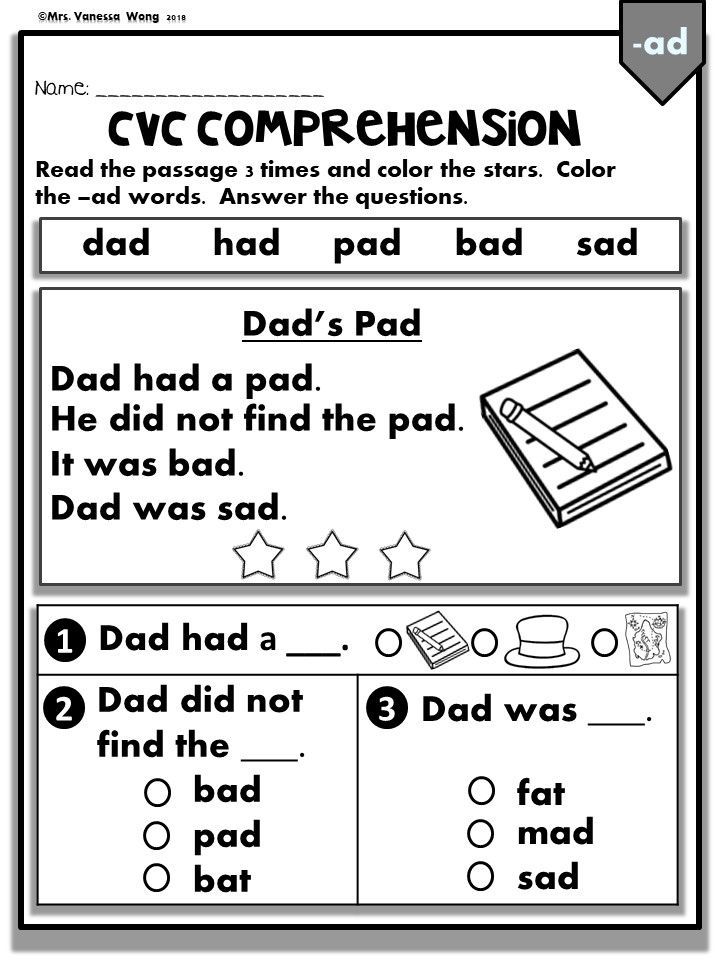 ..
..
What were the most successful games for novice readers?
Tags: game, word games, lesson-quest, reading
Subscribe
-
Favorite books and secondary characters in them
the most important characters. If you guessed the book, write ...
-
For novice readers
What books and games do you know for those who are not yet good at reading? Here in English there are directly a series of books in which all words are 3-4 letters long, and they ...
-
Schoolchildren. CDO. Figures and numbers. Projection Puzzle
On Thursday, 2nd and 3rd grade students were asked the difference between numbers and numbers. It turned out that this is a very difficult question. Someone thinks that…
-
Seminar about games with letters and words - online October 1,
We decided to hold a seminar about learning to read, about games with letters and words.
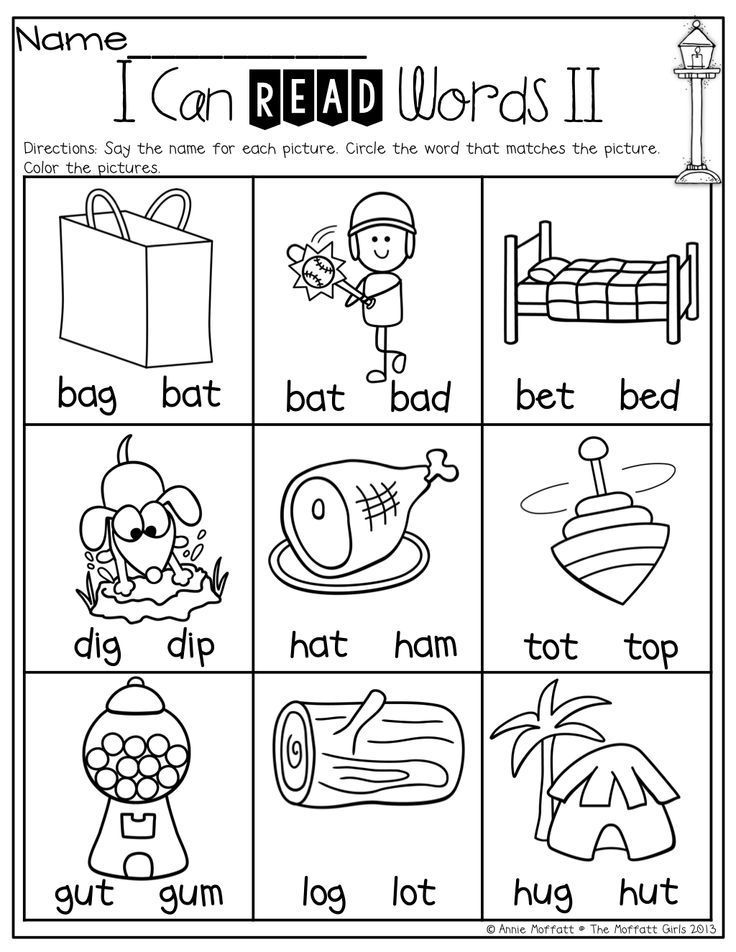
Learn more

